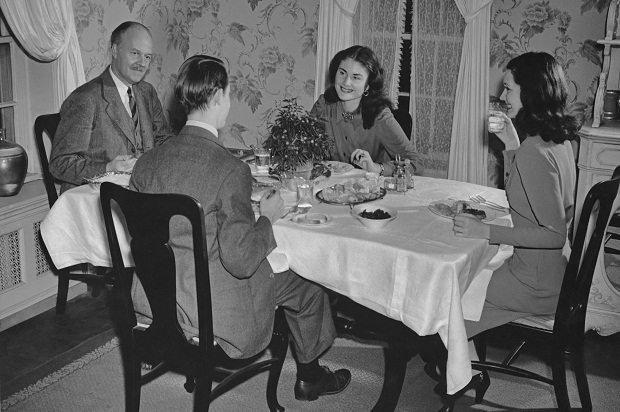In news to warm Michael Gove’s heart, a new survey carried out by the Association of Teachers and Lecturers has found that children as young a four are now routinely finding themselves stuck at school for ten hours a day.
Dropped off for breakfast at 8am and not picked up until 6pm, some primary school children never eat with their family during the week. About three-quarters of the 1,332 teachers who took part in the survey reported that families now spend less time together than they did five years ago.
The Education Secretary’s dream of giving English school pupils some of the longest school days in Europe is on track for realisation. It’s goodbye to playing outside, daydreaming and homemade meals; hello homework club, forced collage-making and alphabetti spaghetti.
My own memories of attending after-school club aren’t fond. I drifted listlessly around for an hour-and-a-half, longing first for the arrival of the cheese and marmite sandwiches and then of my mother. I was safe but bored, but come 5.30 I was able to return home to the dinner-time conversations with my parents which I credit with the most important aspects of my intellectual development. It must be hard to have a happy childhood when you go straight from school canteen to bath to bed – in the words of one North Yorkshire primary school teacher, “These children walk around like ghosts, do not talk to anyone, fall asleep frequently, do not progress as quickly as their peers.”
After-school care sounds like the place where childhood goes to die, but Gove is right: with more mothers working, the 8-to-6 school day is an affordable childcare solution – and, with a few changes, it doesn’t have to be a tragedy.
If children are doing ten-hour school days, the after-school care model I experienced isn’t going to cut it. The government have recognised the need to extend the range of activities on offer beyond finger-painting, but no amount of clarinet and cricket will compensate for all those lost meal-time discussions.
If childcare and school are to be merged, the emphasis should be on learning through personal relationships. The best boarding schools provide the model: always eating family-style meals with the same small group, as much privacy as possible, and a high staff to student ratio.
Obviously your local state primary can’t compete with Eton, but there are plenty of low-budget alternatives. In sixth-form, a few of my friends were employed by our school to help out at the junior department’s after-school club for a couple of hours a week. Similarly, year six students could easily be paired with younger children who regularly attend the same after-school care slots, and read them a story or play a game of Snap. Such schemes kill two educational birds with one stone – both making childcare more personal and developing teenagers’ much-maligned sense of responsibility.
Even without government encouragement, children are spending more time at school. We should look to family life and successful boarding schools to see how we can make those extra hours as much in the child’s interest as possible.







Comments